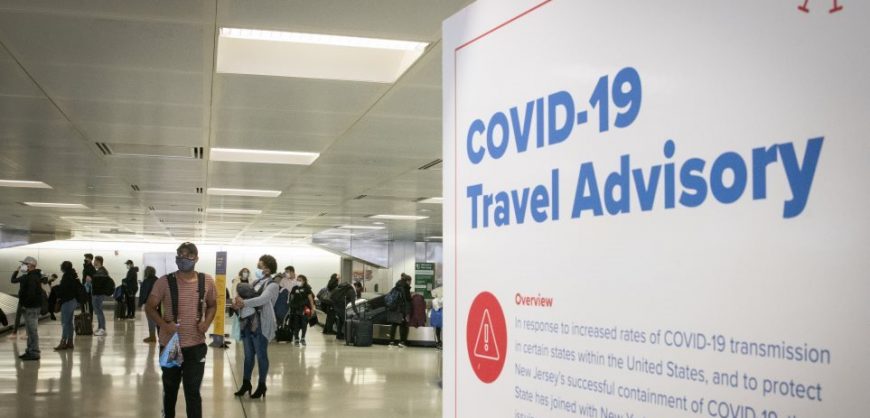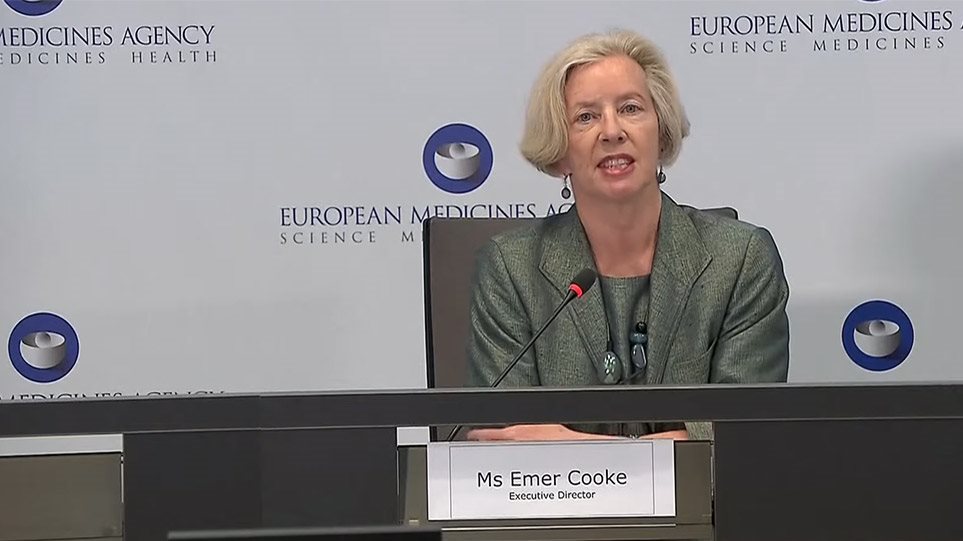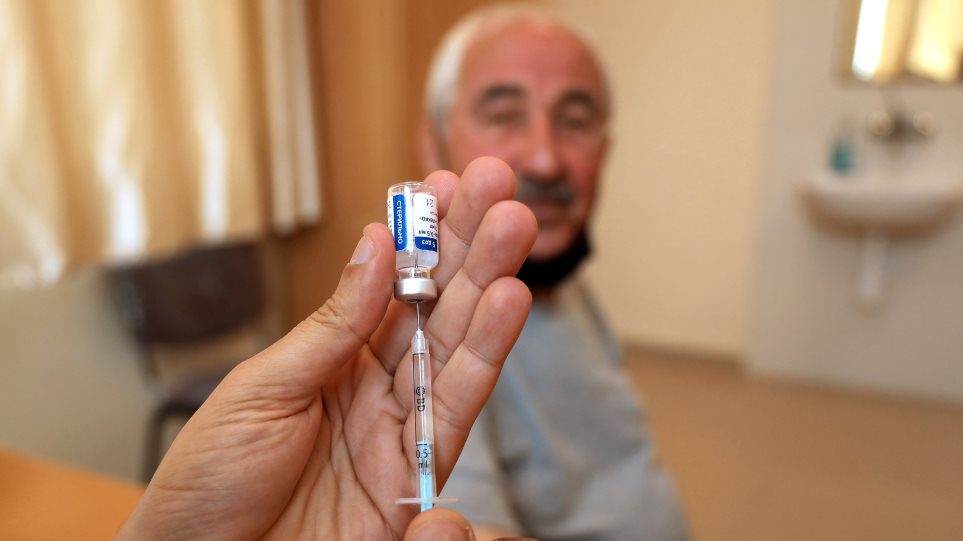A new machine learning approach to COVID-19 testing has produced encouraging results in Greece. The technology, named Eva, dynamically used recent testing results collected at the Greek border to detect and limit the importation of asymptomatic COVID-19 cases among arriving international passengers between August and November 2020, which helped contain the number of cases and deaths in the country.
The findings of the project are explained in a paper titled “Deploying an Artificial Intelligence System for COVID-19 Testing at the Greek Border,” authored by Hamsa Bastani, a Wharton professor of operations, information and decisions and affiliated faculty at Analytics at Wharton; Kimon Drakopoulos and Vishal Gupta from the University of Southern California; Jon Vlachogiannis from investment advisory firm Agent Risk; Christos Hadjicristodoulou from the University of Thessaly; and Pagona Lagiou, Gkikas Magiorkinis, Dimitrios Paraskevis and Sotirios Tsiodras from the University of Athens.
The analysis showed that Eva on average identified 1.85 times more asymptomatic, infected travelers than what conventional, random surveillance testing would have achieved. During the peak travel season of August and September, the detection of infection rates was up to two to four times higher than random testing.
“Our work paves the way for leveraging [artificial intelligence] and real-time data for public health goals, such as border control during a pandemic,” the paper stated. With the rapid spread of a new coronavirus strain, Eva also holds the promise of maximizing the already overburdened testing infrastructure in most countries.
New research says internet use is killing your memory!
Russian submarine with 4 cruise missiles missing near Lebanon, report claims
“The main issue was, given the fixed budget for tests, whether we could conduct the tests in a smarter way with dynamic surveillance to identify more infected travelers,” said Bastani. One of the biggest challenges governments face in dealing with COVID-19 is the inability of the testing infrastructure at their national borders to realistically check every arriving passenger. Such comprehensive testing would be both costly and time-consuming, which is why most countries screen either arriving passengers from specific countries or conduct random testing for COVID-19.
Read more: Knowledge@Wharton







































